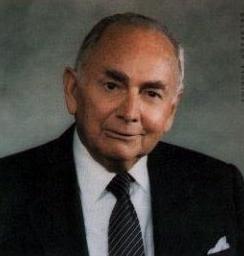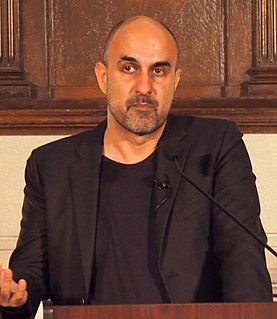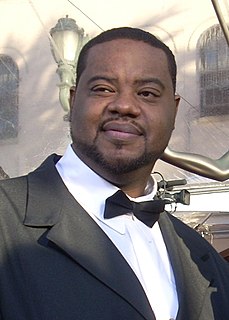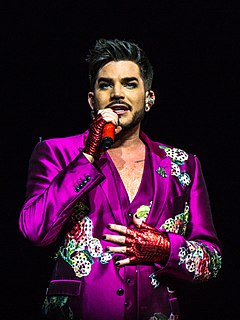A Quote by John Darnielle
A novel is a performance you have to plan.
Quote Topics
Related Quotes
I realized I had a novel on my hands, but didn't know where it was going to go. So I thought, 'I'm going to do everything that you're not supposed to do when you plan a novel; I'm going to step back and let this thing take itself wherever it wants to go, and I'm not going to worry about how things connect until later on.'
I realized I had a novel on my hands, but didn't know where it was going to go. So I thought, 'I'm going to do everything that you're not supposed to do when you plan a novel; I'm going to step back and let this thing take itself wherever it wants to go, and I'm not going to worry about how things connect until later on.
I was in a form of a prison: not necessarily with bars, but I was locked to that machine three days a week, and I couldn't plan work, I couldn't plan vacations, I couldn't plan dinner, I couldn't plan homework, I couldn't plan nothing because at the end of the day, Monday, Wednesday and Friday, I had to be at dialysis.
The excitement of theatre is palpable but the frustrations, and the complete absence of a definitive evening - the play as text means practically nothing in a way - , there's no particular performance that is definitive in the way a novel is a solid object you hold in your hands and here it is. You can't say that about a play. If the novel gives us a sense of throbbing consciousness, theater is pure soul, beautiful and elusive.
A form wherein we can enjoy simultaneously what is best in both the novel and the short story form. My plan was to create a book that affords readers some of the novel's long-form pleasures but that also contains the short story's ability to capture what is so difficult about being human - the brevity of our moments, their cruel irrevocability.






































